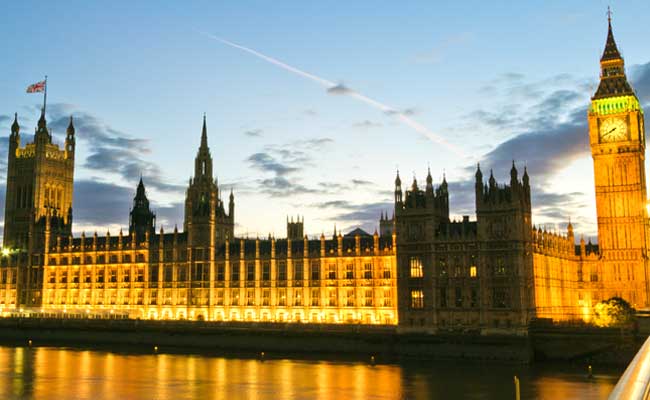The Government recently submitted the Covert Human Intelligence Sources (Criminal Conduct) Bill to Parliament. This Bill seeks to put the ability of undercover operatives to commit criminal offences in the course of their deployment on a statutory footing. It will be achieved by amending the Regulation of Investigatory Powers Act 2000 (RIPA) to allow a diverse range of state agencies to authorise their Covert Human Intelligence Source (CHIS) to commit criminal offences where necessary for protecting national security, preventing or detecting crime or disorder, or protecting the economic wellbeing of the UK. This will have the effect of making such activity “lawful for all purposes”, which, without providing so explicitly, effectively means full civil and criminal immunity for those who act within the terms of the authorisation.
Background to the Bill: There is of course nothing new about the use of CHIS by law enforcement agencies, which has been regulated by s.29 of RIPA since its enactment. It is also a matter of record that the Security Services have long used covert agents as part of their domestic operations, which has often involved those agents engaging in criminal activity. The use of agents and informants in proscribed terrorist organisations such as the IRA and Loyalist groups during the Troubles are an obvious example. Simply by being members of such groups those agents were committing an offence, but history shows that involvement often went well beyond simple membership – see for example the tragic case of Pat Finucane the solicitor murdered in front of his children by loyalist paramilitaries with the collusion of the Security Services. There are also numerous examples where the use of such operatives and their participation in crime have been essential to disrupt potentially deadly plots or violent criminal activity.
Read more: Jacob Bindman, Garden Court Chambers, https://is.gd/LjJCxP
